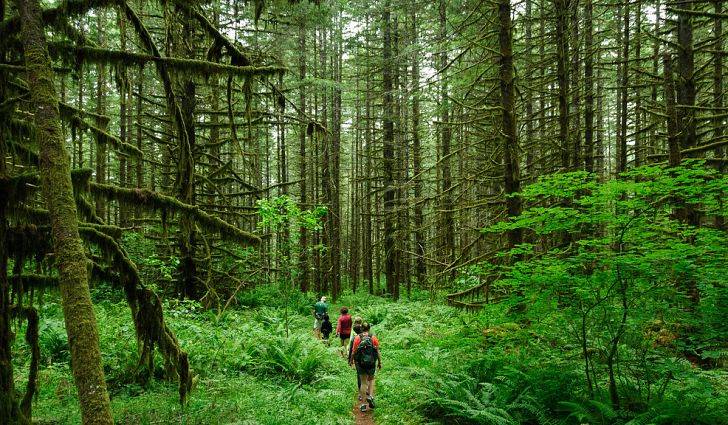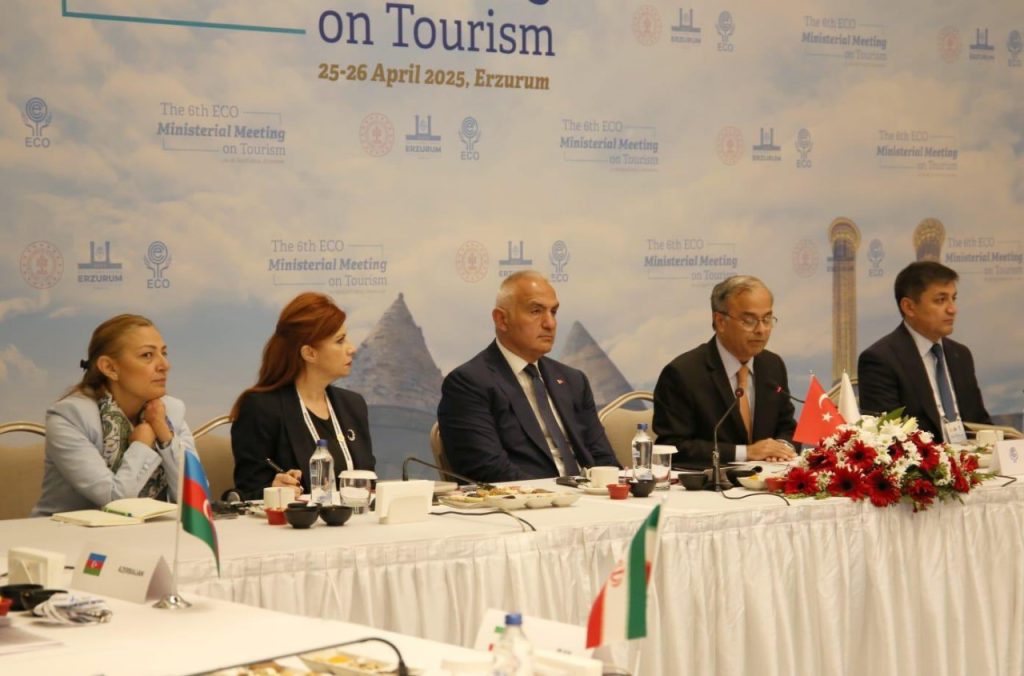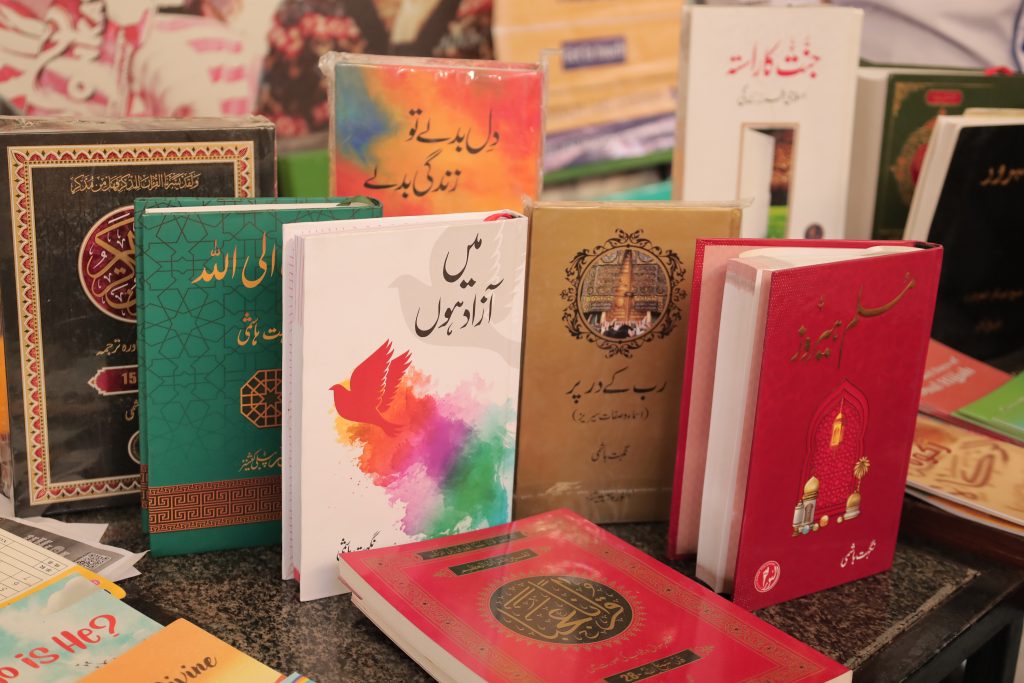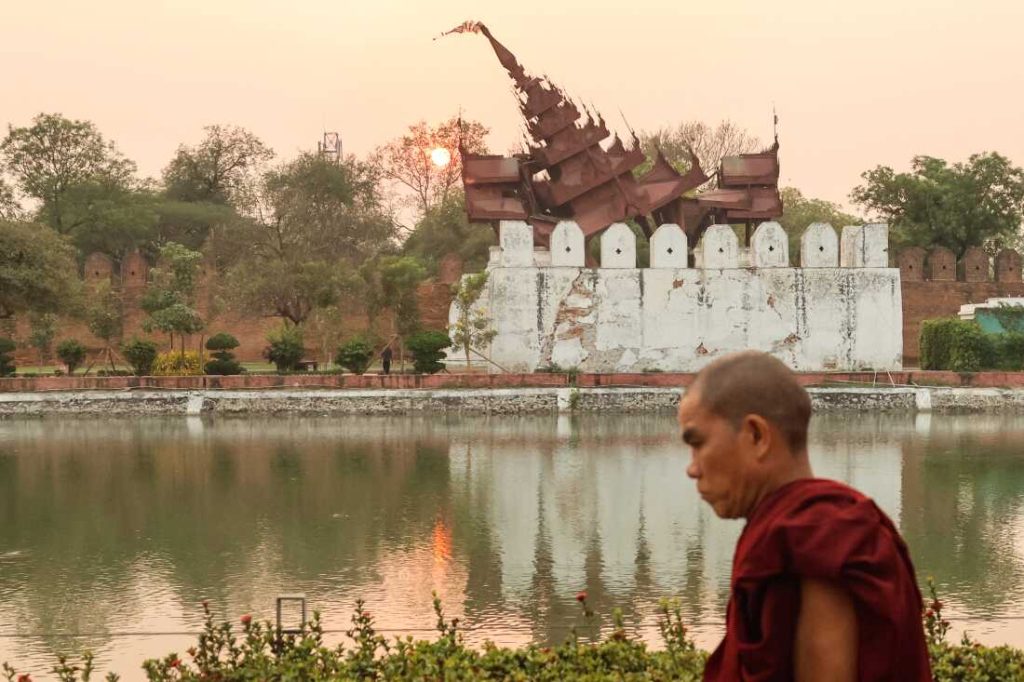By Esha Shamim
Eco-tourism refers to responsible, sustainable, and eco-friendly travelling in natural landscapes without causing any damage to local land, community and ecosystem by any means. United Nations has declared the year 2022 as an “International Year of Eco-System” after recognizing how important a role ecosystem plays in sustainable development and economic surge.
To actually make it happen is up to the policy makers, promoters, travelers and governmental institutes to ensure tourism activities that have minimal impact on the natural eco-system.
Fastest growing industry
Travel and tourism are the world’s fastest evolving sectors and a source to bring foreign currency into the country that will ultimately elevate its economy. The growth rate of tourism in 2021 was almost 5.8 billion US dollars which is much higher than any other industry. But the most important part before mapping any tourism plan is sustainability. Planning eco-friendly tourism to support both travel and to make your natural resources intact, pollution free and valuable for local communities is the biggest challenge Pakistan faces on top of everything. In order to meet international standards of tourism, Pakistan must pay head to responsible tourism.
Countries offering Eco-Tourism
Many countries around the world are practicing Eco-tourism to promote habitable, safe and profitable tourism for their locals and tourists.
There are some countries which suddenly grabbed the attention of the whole world through their sustainable tourism. Top of the list includes Ice-land, Kenya, the United States, Finland, and Jordan. If we narrow down what they are implementing to maintain a balance between resilient eco-system and tourism promotion, we shall come to the bottom of the funnel with the following key features in common;
- Anti-poaching measures:
Most of the countries imparting eco-tourism are taking anti-poaching measures more seriously. Most of them have set anti-poaching patrol to control illegal and harmful poaching. Policy makers are practicing following measures. They are making dual efforts to catch poachers nationally and internationally, setting national wildlife parks to prevent endangered animals and entitling national park areas more frequently near wildlife diversity.
- Coastal tourism:
Islands are practicing eco-tourism by preventing their shores and coast from excessive dirt, smoke, and water pollution. Tourists must follow laws; islands are exercising to show they are doing their part in this regard. That primarily creates a greater impact on the economy of small islands and developing states as well.
- Job opportunities:
The secondary goal of eco-tourism is to create job opportunities for small enterprises by allocating them finance through micro-credit initiatives that support local and poor communities with high potential for sustainable and cultural tourism.
- Maintaining harvest cycle:
According to this model, members of “Community Supported Agriculture” make pacts with farmers to give the annual basis of their products to manage the future cycle of need. The model focuses on what farmers should produce based on the need of the community members. And by getting advance annual subscription payments, farmers could manage their annual harvest cycle. And this is how they uphold a proper food cycle in travel zones.
Where does Pakistan stand in the race for Eco-tourism?
Eco-Tourism in Pakistan:
Pakistan is among the countries with incredibly beautiful natural lands. Every year tourists from all over the world came to rejoice the eternal beauty of Pakistan. The Northern side of Pakistan is packed with breathtaking sceneries. And it’s up to us to intercept and relish this beauty precisely without defacing its eco-system.
The Ministry of Climate Change is executing Eco-tourism in Pakistan specially to ping up costal and marine exquisite. For this purpose, Pakistan is focusing on establishing its first ever large scale natural-corridor with an altitude of 10,000 feet.
Furthermore, Sind Chief Minister Syed Murad Ali Shah, and Sherry Rehman from the Environmental and Climate Change Department also share their plan regarding responsible tourism. The brief of their project focused on two major things that include;
Adaptable Marine Ecosystem
Maintenance of salinized land funded by National Disaster Risk Management Fund (NDRMF)
NDRMF and Climate Ministry are working on utilizing natural land, maintaining marine eco-system and contributing towards fulfilling crisis management and climate change issues.
Pakistan is still working efficiently on maintaining Eco-tourism and in near future we will be seeing more proactive projects to fuel sustainable and adaptive tourism in this country.
About Author
Esha Shamim holds a degree in Communication Studies with specialization in PR and advertising from University of the Punjab Lahore and can be reached at eshashamim26@gmail.com










